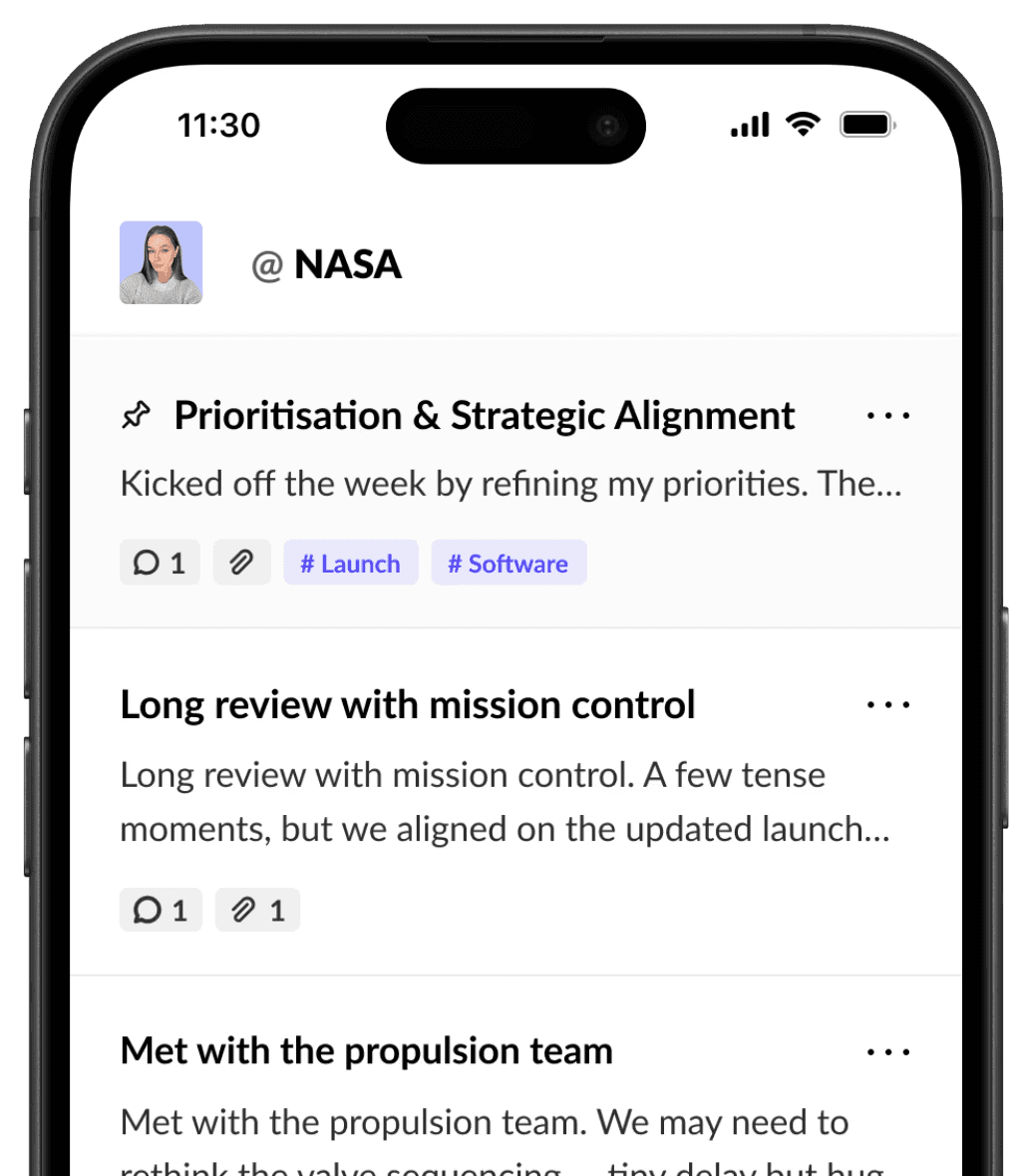Apr 26, 2025
The Hidden Cost of Forgotten Achievements
The Amnesia Tax
Remember that solution you developed last quarter that saved your team weeks of work? You can probably recall the general story, but what about the specific metrics? The exact timeline? The precise business impact?
If those details feel fuzzy, you're not alone. And you're losing money because of it.

The Silent Career Killer
There's a hidden cost draining value from your professional life. Call it the Amnesia Tax: the cumulative penalty you pay for every forgotten achievement, overlooked contribution, and undocumented win throughout your career.
Picture this: You're in your annual review, and you mention doubling customer satisfaction scores. Your manager nods politely. "Can you walk me through the specifics?" they ask. The exact percentages, the strategies you used, the measurable outcomes — they've all evaporated. Your manager writes "meets expectations" and moves on.
The Amnesia Tax doesn't just hit during reviews. It compounds across every promotion cycle, salary negotiation, and job interview throughout your career.
Why Companies Document Everything (And Why You Should Too)
Every Friday afternoon, that email arrives: "Please update your weekly status report." Most professionals treat it like a chore, rushing through it or skipping it entirely.
Here's what's interesting: organizations understand that tracking progress and measuring impact matters. They've built entire systems around it. Yet fewer than 12% of professionals maintain their own personal achievement records separate from corporate requirements.
This gap matters more than you think.
Corporate documentation serves the company's needs. It tracks project status, team productivity, and departmental goals. What it rarely captures is your unique contribution — how you approached problems differently, what value you specifically added, and why you were essential to the outcome.
When you leave a company, their documentation disappears with your access badge. Your personal record? That stays with you, ready to prove your worth wherever you go next.
The Half-Life of Professional Wins
Your accomplishments decay faster than you realize:
Week 2: That executive presentation you nailed? Already buried under newer priorities.
Quarter 2: The project you rescued from failure? A hazy memory for most stakeholders.
Year 2: The process optimization that saved $40,000 annually? May not even come up in your promotion discussion.
This isn't because your work lacks value. It's because nobody's keeping score — least of all you.
What This Costs You in Real Terms
Weaker Performance Reviews
Without concrete examples and metrics, your review becomes a negotiation based on your manager's recent impressions rather than your actual year-long track record. "I made significant contributions" sounds hollow when you can't back it up with specifics.
Lost Promotions
When leadership discusses advancement candidates, someone inevitably asks: "What specifically has she accomplished?" If your manager can only recall your last two projects instead of your consistent pattern of excellence, you've just dropped out of consideration.
Floundering Job Interviews
While you're reconstructing timelines from memory ("Was that 2023? Or maybe late 2022..."), your competition is presenting detailed project narratives with precise metrics and clear outcomes. Guess who's getting the offer?
Salary Compression
Your undocumented contributions make it nearly impossible to justify why you deserve more than the standard cost-of-living increase. Meanwhile, external candidates with polished achievement portfolios command 20-30% premiums.
Why We Forget Our Wins
This documentation problem isn't just organizational it's psychological. Research in cognitive psychology reveals that we systematically undervalue and forget our achievements while remembering failures with painful clarity.
This memory bias creates a dangerous professional narrative. Over time, we begin to underestimate our own capabilities and contributions, making us less likely to advocate effectively for ourselves when it matters most.
Building Your Career Insurance Policy
Breaking this cycle requires a simple but disciplined approach:
Friday 10-Minute Ritual
Before you close your laptop each week, document what you accomplished. Not what you worked on what you achieved. Focus on outcomes, not activities.Capture Numbers Immediately
Metrics disappear fast. Record cost savings, efficiency gains, quality improvements, and satisfaction scores while you have access to them. Screenshot dashboards if needed.Archive Praise
Save every positive email from clients, colleagues, and managers. Create a dedicated folder. These testimonials become invaluable during reviews and job searches.Conduct Post-Project Debriefs
After major initiatives, spend 20 minutes documenting: What you did, how you approached it, obstacles you overcame, and measurable results. Include the project's business context—why it mattered.Track Skill Development
Note new capabilities you've built: technical skills, leadership experiences, problem-solving approaches. This inventory reveals your growth trajectory and marketability.
This isn't busywork. It's career insurance.
The Documentation Dividend
The professionals who advance fastest aren't always those who accomplish the most. They're the ones who effectively capture and communicate their accomplishments.
Think of undocumented achievements as uncashed checks. They represent value you've created but will never receive credit for. Each forgotten win is money left on the table, a promotion opportunity missed, a salary increase forgone.
When you document your contributions, you're not just recording history. You're building leverage for every future negotiation, application, and career opportunity.
The question isn't whether you're doing good work. The question is: will you remember it when it matters?
Start this Friday. Ten minutes. Your future self will thank you.
Jotts: Track Your Career Wins and Build Your Professional Portfolio
The personal career management app ambitious professionals use to track achievements and advance their careers.
Document your wins in real time — Jotts converts your daily work into structured career data for performance reviews, job interviews, resume updates, and salary negotiations.



